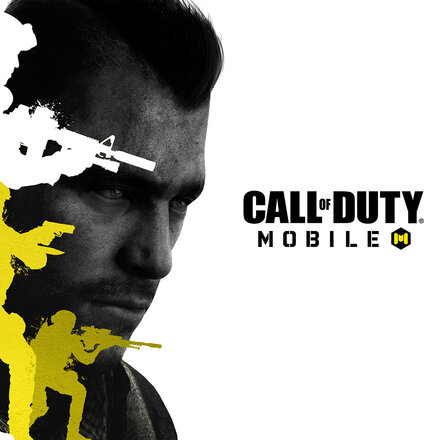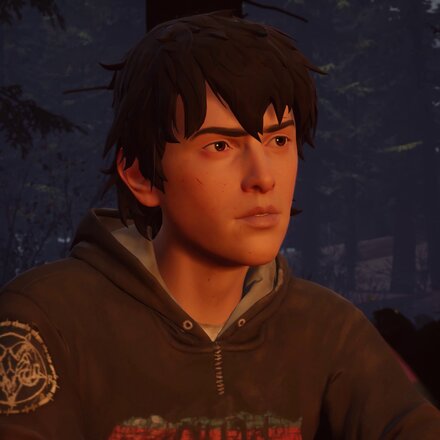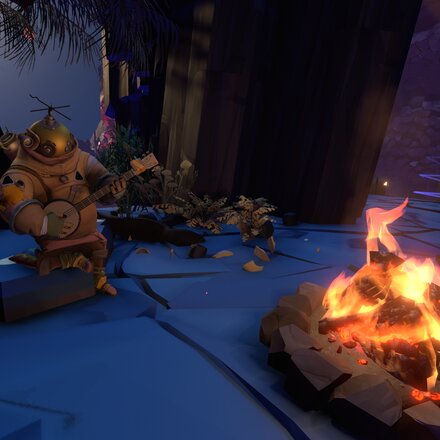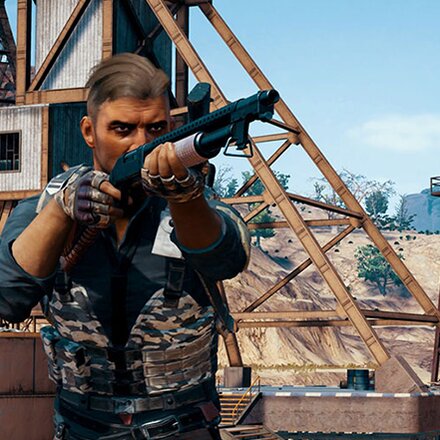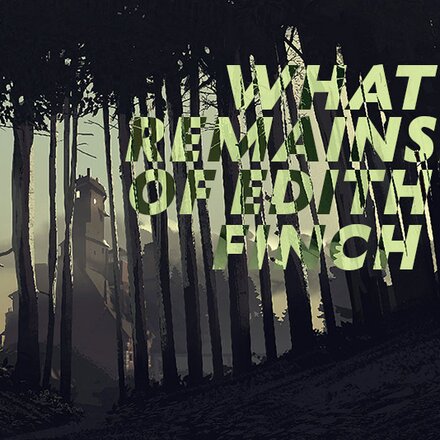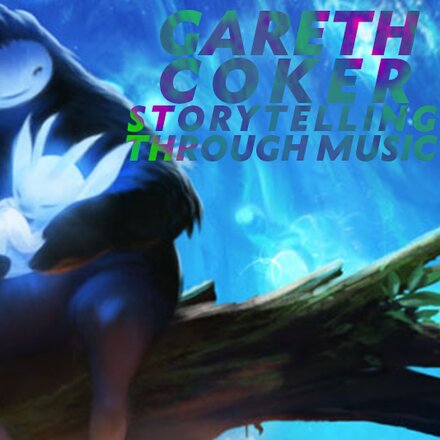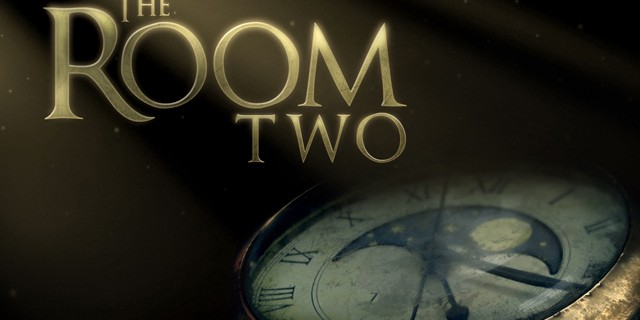
Five Minutes with Fireproof Studios
From working at EA to setting up his own studio, reaching number one in the app store and winning a BAFTA. Barry Meade, commercial director of Fireproof Studios spends 5 minutes with Guru telling us how he did it...
Published on 10 December 2013.
How did you get started in gaming?
My start in the industry came by accident. I always wanted to be a comic artist but really enjoyed games, animation and CG graphics. After a year and a bit on a computer animation course in Dublin, I got a lucky break at an educational games company called PCSL. I was there a year or two when the company decided to stop making games and so when I left my boss put me in touch with a friend of his in the UK - Paul McLoughlin who turned out to be Art Director at Bullfrog Productions in Guildford. I went for an interview, got the job, and I was in!
Tell us a little bit about Fireproof Studios and your role in the team.
Fireproof Studios was founded in 2008 by six of us who were the arty lads from EA/Criterion Games (Black and the Burnout series). We decided to leave EA in order to keep a highly functional team together - we collaborated very well and had already been through the wars as a unit so it seemed very natural to stick together and start another battle on our own. Since then we have been an art outsourcing team based in Guildford and have worked on some fab projects such as Killzone, Blur, LittleBigPlanet and many others. Then in 2012 we made our own game called The Room and bugger us if it didn't go to number one on Apple's app store.
Looking back what one piece of advice would you give to your younger self?
Work harder, get better and more importantly, shut your face. It was all such a blast when I was 21, I never even thought of a 20 year career - I had no foresight at all really!
Can you tell us about how you came to make The Room?
We were going into our fourth year of business when we finally had the means to hire a programmer and make a small game for six months. But it wasn't just about having money, a number of things coincided to make it happen - Rob [Dodd] the programmer we had been chasing for over a year finally gave in and joined us, we had a number of ideas ready to try out, plus we had years of experience at this stage and were basically ready to have a go at making our own game. Plus iOS & Unity made it possible for a team like us to make a very small game on the cheap.
What prompted you to enter it for a BAFTA?
Hell, why not? We didn't know anything about BAFTA or how it all worked, we weren't intimidated by it as we expected to get nothing out of it! It was only when we were nominated that it became real. Win or lose we were just happy to be another nominee so we brought the entire team to the ceremony.
How has winning a BAFTA helped your company?
Well the USA certainly pricked up its ears. Whenever I met industry peers at meetings or conferences in the US everybody knew the BAFTAs - media included but Hollywood people were especially impressed. But by far and away the biggest impact was that overnight all our mothers became proud of us. There were multiple mums, including my own, who rang their local papers to tell them of the boy done good. We could do no wrong in the family after the BAFTAs.
What would you say to anyone out there who is thinking of entering next year’s awards?
Do it. Don't worry about winning/not winning and if you are lucky enough to get nominated, go in force to the ceremony and drink it all in - you're lucky to be in such good company.
What practical advice do you have for people who are considering a career in the games industry?
It's hard to say anything folks haven't heard before - get a great portfolio, do a good computer science degree etc. I would say make your own work at home, find groups who want to make games in their spare time and jump in - that's super helpful. More broadly, make sure you love what you do, be prepared to learn a hell of a lot and most importantly if you want a long career with a modicum of freedom to it, make sure you strive to get better all the time. But underlying all this you also need a personal reason to do it. It's always helped me to see that the medium of games is much bigger and more important than the industry that serves it. I'm inspired by how wide open and limitless gaming is so it drives me onwards even during times I might dislike the industry. Gaming is what matters, playing a small part in pushing the medium is amazing. The business is secondary.
If someone contacted you at Fireproof - what would really impress you and make you consider giving them a job?
Playing a part in making an amateur/indie game or mod we thought was cool. It doesn't have to be slick or have high production values, just be fun, play well and created in the right spirit. People who carry their interests into their spare time like this show an immediate aptitude for having what it takes.
What’s next for Fireproof?
Well we always thought of The Room as a trilogy and so The Room Two is coming out on 12 Dec (2013) and then next year we hope to go straight onto part three. We also have some other ideas to investigate and if any of them look good we hope to start on a second IP in early 2014 too.

